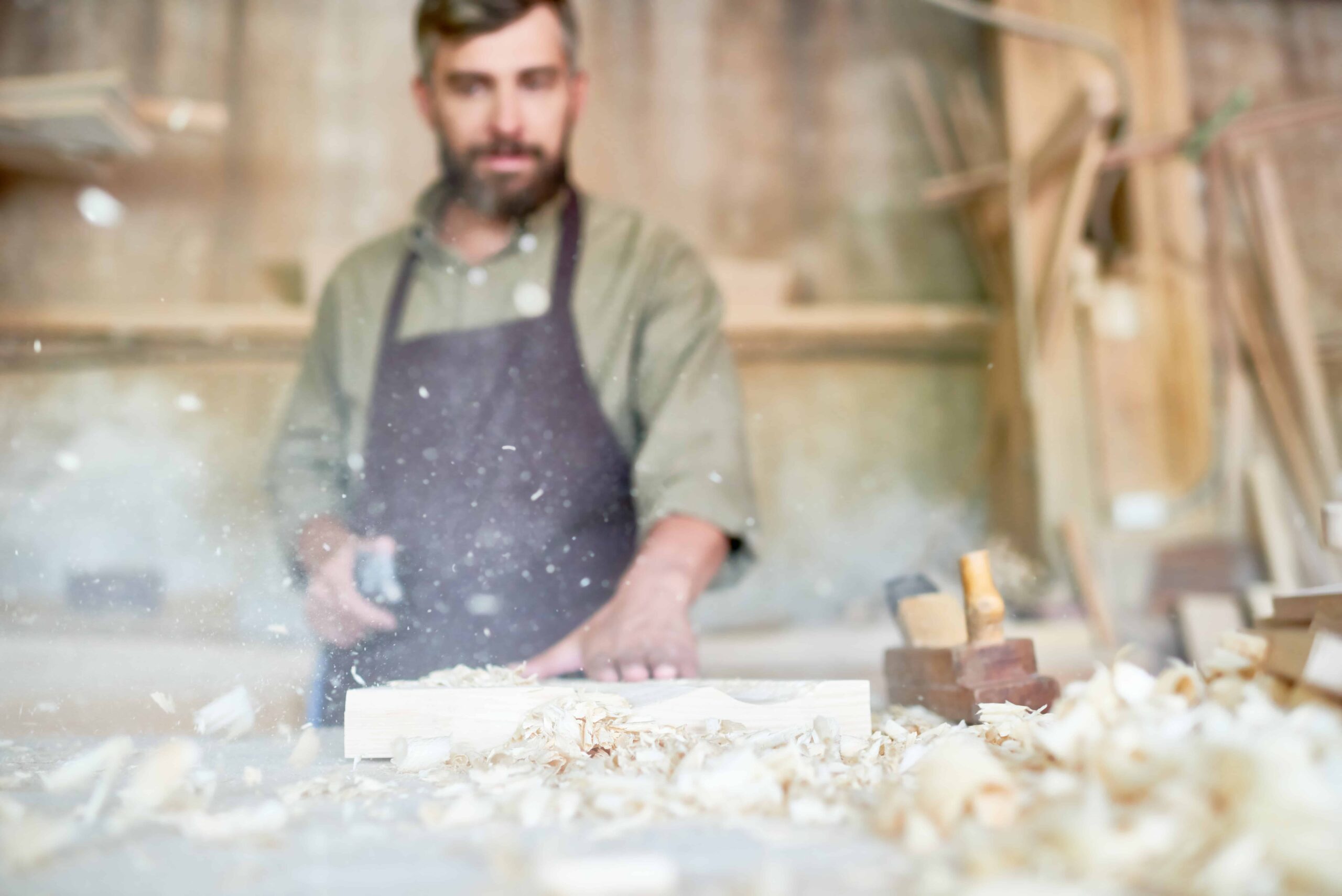Transforming Winter Challenges into Opportunities
As winter casts its chilly embrace over urban gardens and rural farms, the need for protective structures becomes paramount to sustain agricultural activities. Summit Portable Buildings offers useful support for winter gardening and farming, presenting practical solutions to make these activities not only possible but thriving. This article explores how Summit Portable Buildings facilitates both urban gardening and rural farming during the winter months, offering the shelter and versatility needed to nurture crops and livestock in the face of harsh weather conditions.
Embracing Winter Greenery: Urban Gardening in Missouri's Cityscape
In winter, many urban gardeners may assume their green thumbs must take a seasonal hiatus. However, the colder months offer unique opportunities for cultivating a diverse array of crops right in the heart of the city. This article will examine the possibilities of winter gardening in Missouri’s urban spaces, detailing the resilient crops that thrive even in the brisk temperatures.
Winter-Resilient Urban Garden Crops
1. Leafy Greens
- Kale: A cold-hardy green that flourishes in winter, kale is not only nutritious but also a versatile addition to your winter garden. Its sturdy leaves withstand frost, making it a reliable choice for urban gardeners.
- Spinach: Another cold-tolerant leafy green, spinach thrives in cooler temperatures. Plant it in containers or raised beds, and you’ll have a nutrient-packed addition to your winter salads.
2. Root Vegetables
- Carrots: These underground wonders can endure the winter chill and are perfect for urban gardeners with limited space. Container gardening is an ideal method for cultivating carrots in the city.
- Radishes: Quick to mature and resistant to colder temperatures, radishes are an excellent choice for urban gardens. Their peppery flavor adds a zing to winter dishes.
3. Herbs
- Parsley: This cold-tolerant herb adds freshness to winter recipes. Plant it in containers on your windowsill or in a small balcony garden for easy access during colder months.
- Chives: With a mild onion flavor, chives are hardy enough to withstand winter temperatures. They can be grown in pots, making them suitable for urban gardeners with limited space.
4. Brassicas
- Broccoli: A cold-loving brassica, broccoli can be a staple in your winter garden. Its compact size makes it suitable for urban spaces, and it grows well in containers.
- Cabbage: Whether red or green, cabbage is a cold-resistant crop that can be grown in containers or small raised beds, adding visual appeal to your urban garden.
5. Garlic
- Garlic bulbs: Planting garlic in the fall allows it to establish roots before winter. Urban gardeners can grow garlic in small containers or dedicated garden beds for a fresh supply of this aromatic ingredient.
Tips for Successful Winter Gardening
1. Choose the Right Varieties: Opt for winter-hardy varieties of vegetables and herbs that can withstand colder temperatures and shorter days.
2. Protect with Row Covers: Use row covers or frost blankets to shield your crops during particularly cold nights, providing an extra layer of insulation.
3. Utilize Containers: Urban gardeners can maximize space by using containers or vertical gardening methods, allowing for flexibility and easy relocation.
4. Take Advantage of Microclimates: Urban areas may have microclimates created by buildings and structures. Identify these pockets of warmth and strategically place your winter crops for optimal growth.
Urban gardening in Missouri doesn’t need to hibernate during the winter months. By selecting the right crops and implementing smart gardening practices, urban gardeners can continue to enjoy fresh, homegrown produce even when the temperatures drop. Embrace the winter greenery and discover the joy of cultivating a thriving urban garden year-round.
Urban Gardening Solutions
Greenhouses:
Summit Portable Buildings offers customizable greenhouses that create a controlled environment for urban gardens. These structures utilize natural sunlight while shielding plants from the biting cold, allowing for year-round cultivation.
Cold Frames:
Compact and efficient, Summit Portable Buildings’ cold frames provide an extra layer of protection for delicate crops which extends the growing season and safeguards plants from frost and chilly winds.
Storage Sheds:
Ideal for urban spaces with limited room, Summit Portable Buildings’ storage sheds keep gardening tools, soil amendments, and equipment organized and easily accessible. This ensures urban gardeners are well-prepared for their winter gardening endeavors.
Nurturing the Land: Winter Farming Essentials in Rural Missouri
In the rural landscapes of Missouri, a different kind of beauty emerges as farmers prepare to navigate the unique challenges and opportunities that the colder months present. Winter farming in these areas demonstrates resilience and requires careful planning and attention to detail.
Winter-Resilient Crops
1. Winter Wheat: A staple in Missouri’s winter farming, winter wheat is sown in the fall and lies dormant during winter, resuming growth in the spring. This hardy crop is well-suited to the state’s climate and serves as both a cover crop and a cash crop.
2. Cover Crops: Legumes such as clover and vetch serve as excellent cover crops during winter. These plants enrich the soil by fixing nitrogen, preventing erosion, and providing valuable forage for livestock.
3. Root Vegetables: Cold-tolerant root vegetables like turnips and beets flourish in the winter ground. Their resistance to frost makes them reliable choices for rural farmers looking to diversify their winter harvests.
4. Winter Barley: Similar to winter wheat, barley is a robust winter crop that not only provides ground cover but also serves as a vital ingredient in brewing and livestock feed.
5. Kale and Collard Greens: Leafy greens like kale and collards are not only nutrient-dense but also resistant to cold temperatures, making them valuable additions to the winter farm.
Guardians of the Fields: Winter Farm Animals
1. Sheep: Sheep, with their thick wool coats, are well-suited to withstand winter’s chill. They provide wool, meat, and can help manage vegetation during the colder months.
2. Goats: Hardy and resourceful, goats are adept at foraging for winter sustenance. They contribute to milk and meat production and can serve as efficient land managers.
3. Winter-Hardy Poultry: Breeds like the Rhode Island Red and Plymouth Rock chickens are known for their cold tolerance. These poultry provide a valuable source of eggs and meat during winter.
Protecting Crops and Livestock
1. Winter Cover Cropping: Implementing cover crops not only enriches the soil but also protects it from erosion during winter rains or snowmelt.
2. High Tunnels and Greenhouses: Structures like high tunnels and greenhouses extend the growing season for crops and provide shelter from harsh winter winds, ensuring a more controlled environment for cultivation.
3. Livestock Shelter: Providing shelter for farm animals is essential during winter. Barns or simple three-sided structures can shield animals from cold winds, precipitation, and extreme temperatures.
4. Winter Feeding Strategies: Adjusting feeding strategies for both crops and animals is crucial. Ensuring a balanced diet for livestock and supplementing crops with necessary nutrients helps maintain their health and vitality.
5. Snow Management: Strategically managing accumulated snow on fields and around animal shelters prevents issues such as compacted snow, which can impact both crops and the well-being of livestock.
Winter farming in rural Missouri requires resilience, planning, and dedication to the land. From the robust crops that withstand the cold to the hardy farm animals that adapt to winter pastures, creating a landscape marked by productivity. By employing strategic crop choices, animal husbandry practices, and protective measures, farmers in rural Missouri can not only weather the winter but also cultivate a thriving and sustainable agricultural landscape year-round.
Rural Farming Advantages
1. Barns and Livestock Shelters:
For rural farmers, Summit Portable Buildings offers durable barns and livestock shelters. These structures protect animals from the harsh winter elements, ensuring their well-being and providing a conducive environment for breeding and production.
2. Equipment Storage:
Storing farming equipment is a critical aspect of winter farming. Summit Portable Buildings’ spacious storage solutions keep tractors, plows, and other machinery safe from the weather, ensuring they remain in optimal condition for spring planting.
3. Hay Storage:
Rural farmers can benefit from Summit Portable Buildings’ hay storage solutions. These structures shield hay bales from moisture and winter precipitation, preserving their nutritional value for livestock during the colder months.
As winter unfolds its challenges, Summit Portable Buildings is prepared to support both urban gardeners and rural farmers. Whether you’re cultivating a small garden in the city or managing a vast farm in the countryside, Summit Portable Buildings offers a range of accessory structures to enhance your winter agricultural pursuits.
Contact Summit Portable Buildings today to explore versatile solutions, safeguard your crops and livestock, and transform the winter season into a time of thriving growth.








